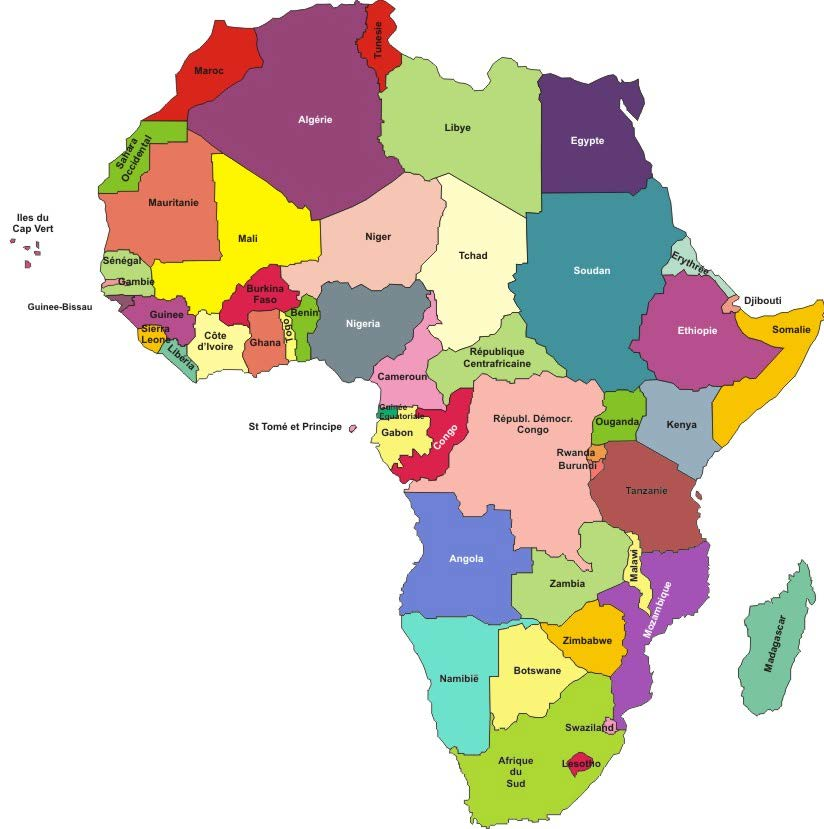WHO: The World Health Organization, in its capacity as advisor to the government on health matters, coordinator of the health cluster and lead technical and financial partner for health in Niger, is supporting the Ministry of Public Health, Population and Social Affairs in its mission to assess the implementation of the 2022-2026 Health and Social Development Plan from March 25 to 30, 2024.
The aim of this mission is to take stock of progress made, challenges encountered in the Diffa and Zinder regions, and prospects for improvement.
WHO: African countries are making progress in diagnosing and treating tuberculosis, according to the World Health Organization. Some 70% of cases are now diagnosed and treated in the region, according to the latest WHO Global Tuberculosis Report 2023. Cape Verde, Eswatini and South Africa have achieved at least a 50% reduction in tuberculosis cases.
Mali: six cases of meningitis have been confirmed in the Gao region and the capital Bamako, according to a press release from the Direction Générale de la Santé et de l’Hygiène Publique. In detail, these cases were detected in the health districts of Gao, Ansongo and Bamako commune 5.
Dr Yacouba Koné, in charge of epidemiological surveillance, assures us that the situation is under control and that measures have been taken to reinforce epidemiological surveillance at all levels.
Benin: Patient safety in health establishments: A system to ensure safe and effective patient care
The ARS has opted for the patient safety system, which comprises a set of policy provisions and practical measures. The Minister of Health, Professor Benjamin HOUNKPATIN, officially launched the system for patient safety in Benin’s health establishments on Thursday March 28, 2024 in Cotonou.
South Africa: Health Minister announces $94 million in funding for TB control over the next five years.
“Just over R4 billion has been budgeted for the 2024/2025 financial year, meeting projected needs for the implementation of the National Strategic Plan (NSP). 71% of the TB budget comes from national sources, 21% from the Global Fund and 8% from US government commitments,” said Health Minister Dr Joe Phaahla.
Union des Comores: Cholera epidemic continues with 69 new cases recorded from March 25 to 27, 2024. With a case-fatality rate of 2.9%, the country is facing a veritable health crisis. Cholera is an acute diarrheal disease that can kill within hours if left untreated. The disease affects people with inadequate access to drinking water and basic sanitation.
Tunisia: Call for entries for the “Prize for the best female scientific research” for the year 2024.
Morocco: The Completion Report of the Project “Promotion of Women’s and Girls’ Sexual and Reproductive Health Rights and Gender Equality in Morocco”, implemented within the framework of the cooperation of the United Nations Population Fund office in Morocco, with the financial support of World Affairs Canada, for a duration of 5 years between 2018 and 2023 and with an envelope of €4million is now available.
https://morocco.unfpa.org/sites/default/files/pub-pdf/rapport_dachevement_dssr-amc_vf.pdf
Coming up:
April 7, 2024: World Health Day 2024: Our health, our rights
April 17-18: Geneva:
Fourth meeting of the Standing Commission on Prevention, Preparedness and Response to Health Emergencies:
Afiya news







OTHER ARTICLES
Editorial — Prevent, inform, and act for women’s health in Africa
Kenya : Government Prioritises Maternal Health and Strengthens Support for Community Health Promoters
Strengthening pandemic prevention, preparedness, and response capacities in Senegal using the “One Health” approach